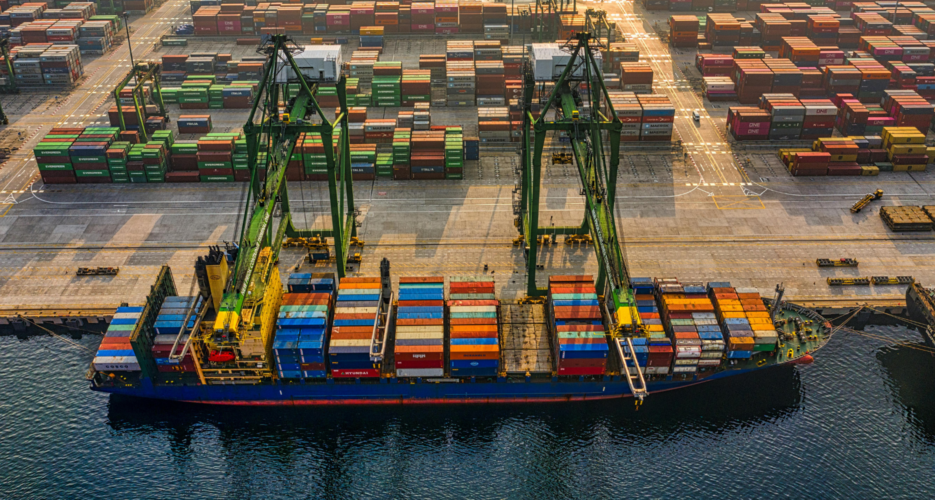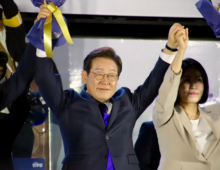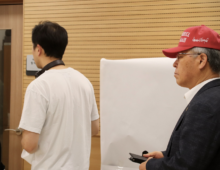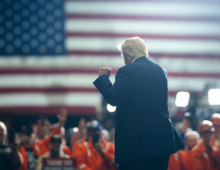Trade ministry says it’s still verifying facts with Beijing and companies amid rising supply chain security concerns
South Korea’s trade ministry (MOTIE) stated Wednesday it has found no evidence that Chinese authorities sent formal warning letters to Korean companies over the re-export of rare earth-containing products to the U.S. MOTIE’s statement was in response to domestic media reports that claimed China’s commerce ministry had sent notices to at least two South Korean transformer manufacturers, warning against selling equipment containing Chinese rare earths to U.S. military contractors.
MOTIE said it was in contact with both Chinese authorities and affected Korean companies, but that as of April 23, there was “no confirmation” that such letters had been received. The ministry said it would continue to monitor export control trends among major trading partners and pledged to support South Korean firms facing disruptions to their supply chains. It added that the government would work through intergovernmental channels to ensure export control measures do not disproportionately impact domestic industry.
WHY IT MATTERS
While MOTIE stated that it had not confirmed receipt of the Chinese letters, it notably refrained from issuing a categorical denial, opting instead to emphasize ongoing verification efforts. That response leaves open the possibility that such warnings were indeed delivered, whether through formal diplomatic channels, commercial attaches or informal pressure.
If the initial reports about Chinese economic pressure are accurate, Beijing’s actions would indicate a push to enforce end-use restrictions across national borders. Even absent formal enforcement, the threat of such action introduces uncertainty, compels compliance and tests the limits of Seoul’s strategic flexibility within its alliance with Washington.
For South Korea, the implications are significant. The country’s top export sectors remain deeply reliant on Chinese supply chains and U.S. end-user markets. If China begins policing how Korean firms deploy imported materials, particularly in areas tied to U.S. defense procurement, Seoul may face growing pressure to choose between industrial dependency and security alignment. South Korea has sought to avoid that binary choice — but as Washington and Beijing continue to weaponize trade, the space for neutrality that Seoul has long relied on is vanishing fast.
South Korea’s trade ministry (MOTIE) stated Wednesday it has found no evidence that Chinese authorities sent formal warning letters to Korean companies over the re-export of rare earth-containing products to the U.S. MOTIE’s statement was in response to domestic media reports that claimed China’s commerce ministry had sent notices to at least two South Korean transformer manufacturers, warning against selling equipment containing Chinese rare earths to U.S. military contractors.
MOTIE said it was in contact with both Chinese authorities and affected Korean companies, but that as of April 23, there was “no confirmation” that such letters had been received. The ministry said it would continue to monitor export control trends among major trading partners and pledged to support South Korean firms facing disruptions to their supply chains. It added that the government would work through intergovernmental channels to ensure export control measures do not disproportionately impact domestic industry.
Get your
KoreaPro
subscription today!
Unlock article access by becoming a KOREA PRO member today!
Unlock your access
to all our features.
Standard Annual plan includes:
-
Receive full archive access, full suite of newsletter products
-
Month in Review via email and the KOREA PRO website
-
Exclusive invites and priority access to member events
-
One year of access to NK News and NK News podcast
There are three plans available:
Lite, Standard and
Premium.
Explore which would be
the best one for you.
Explore membership options












